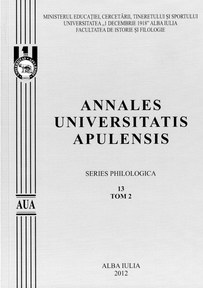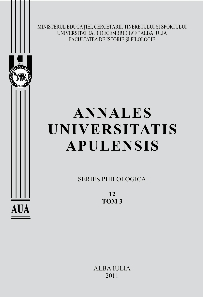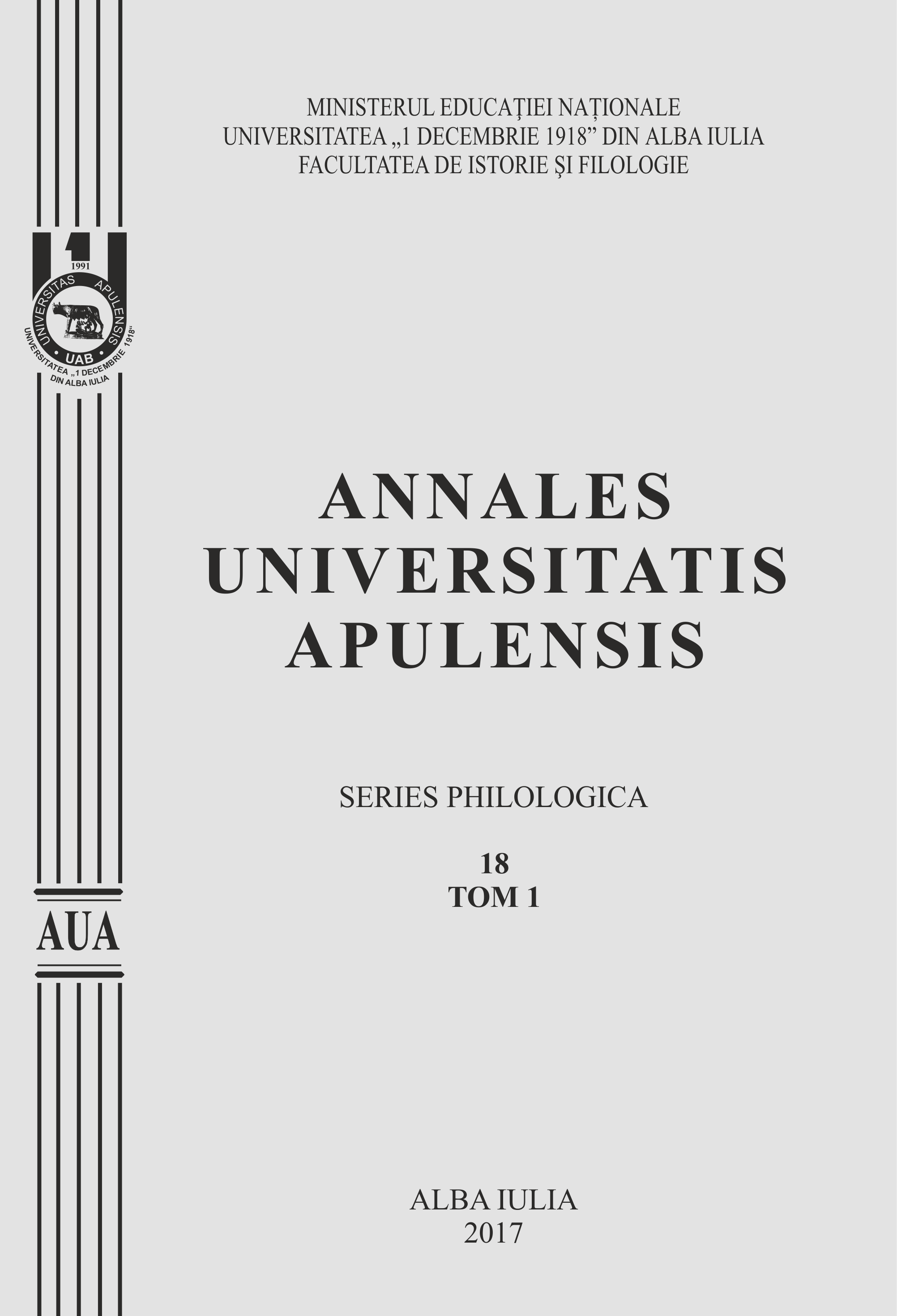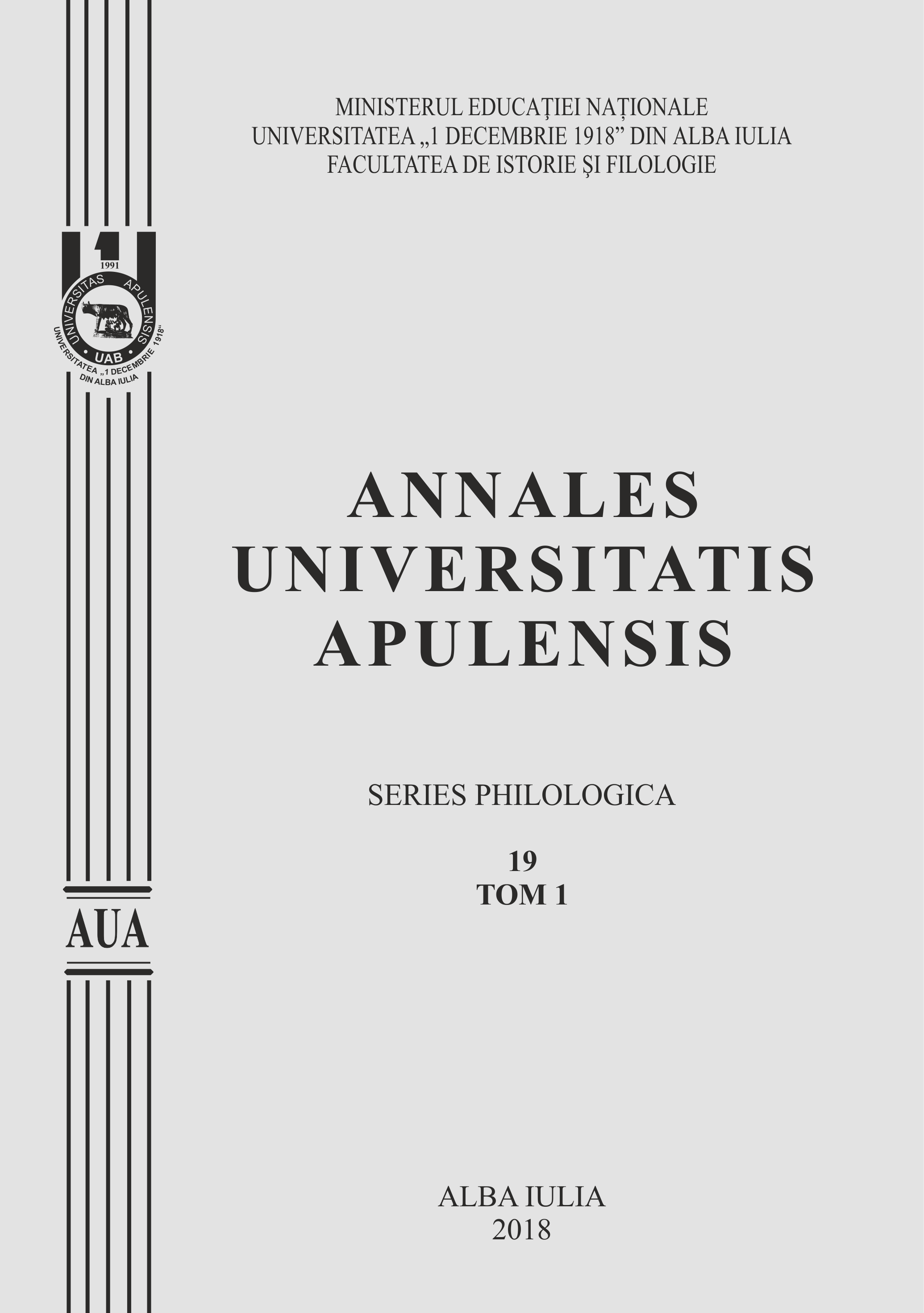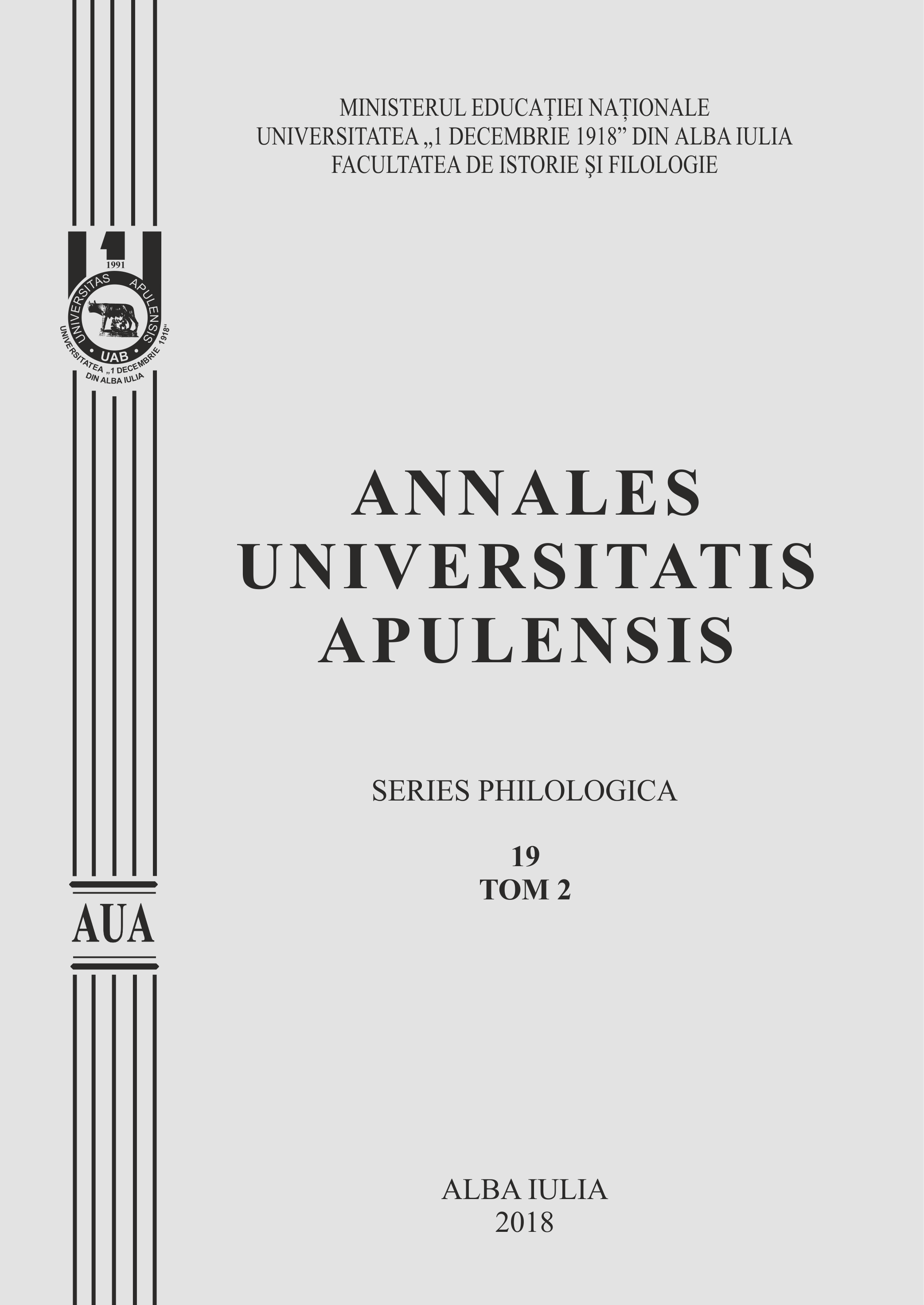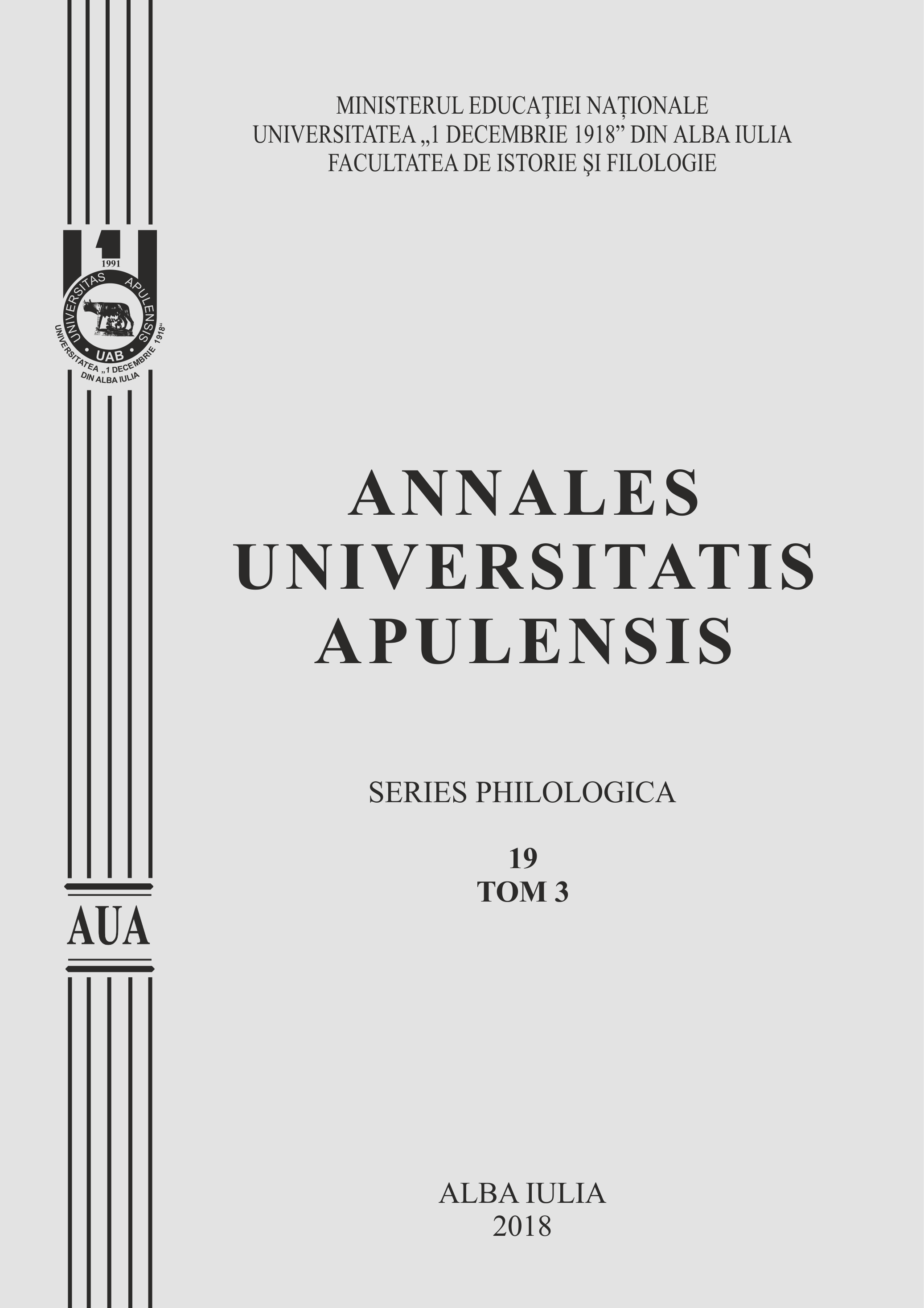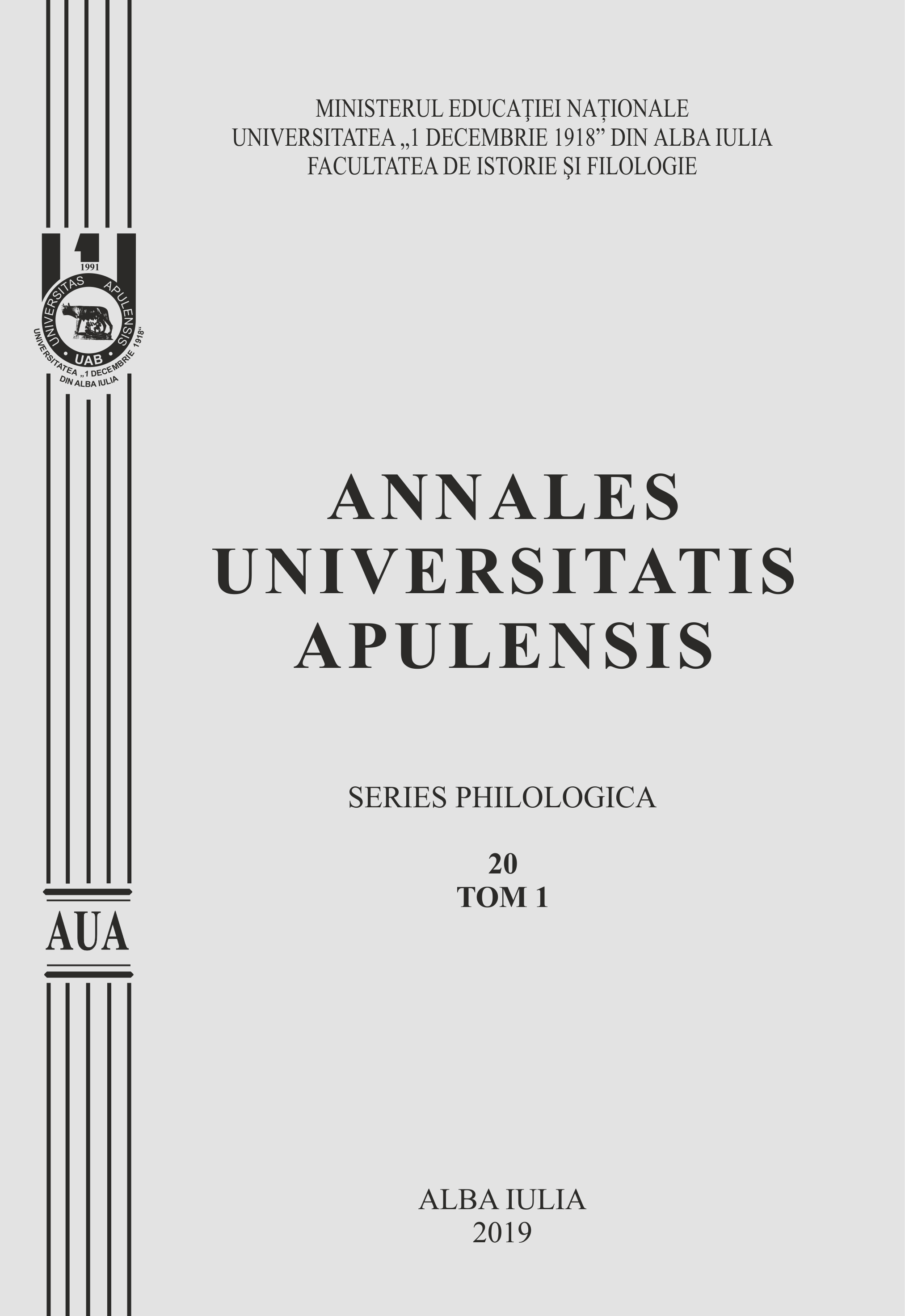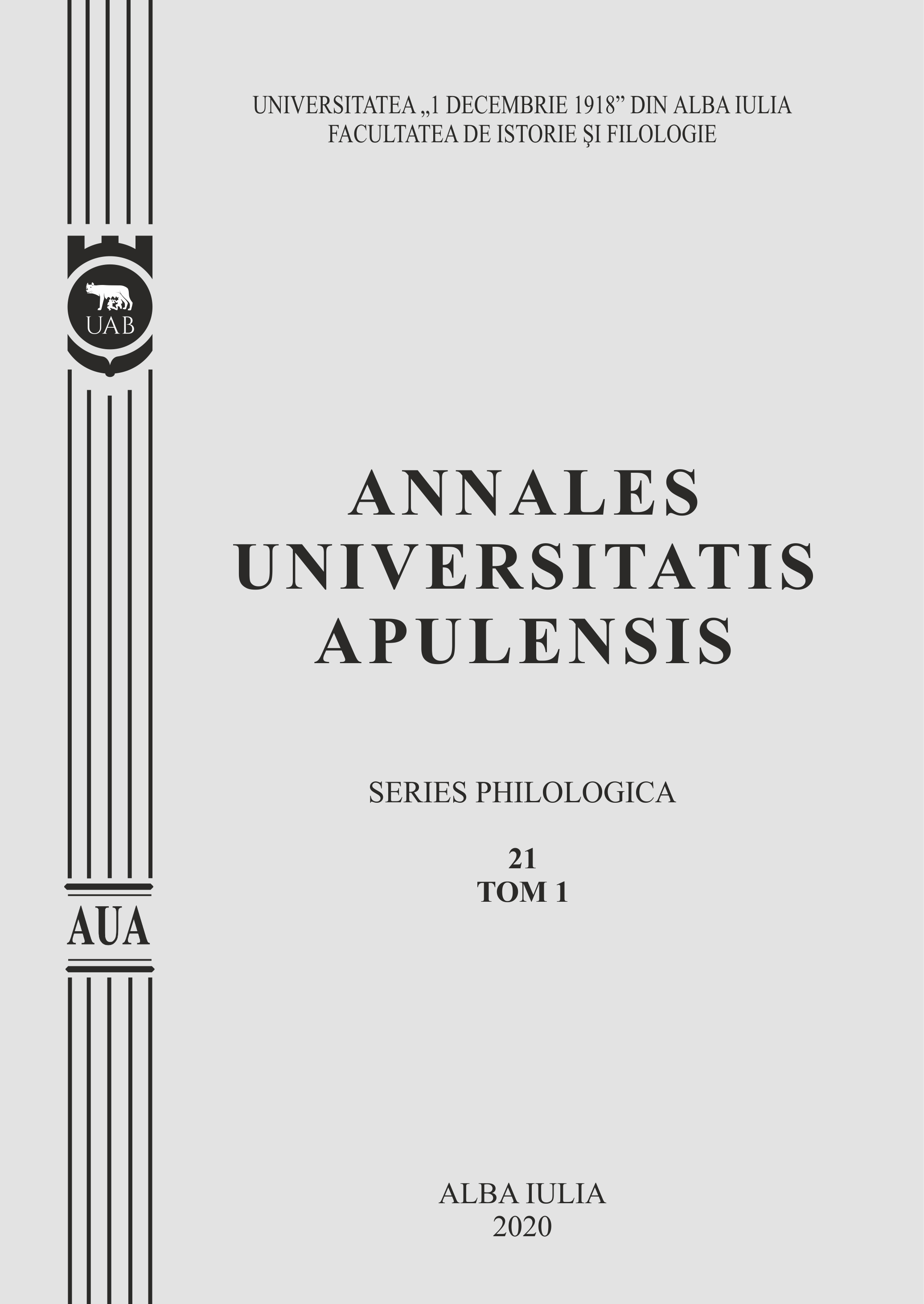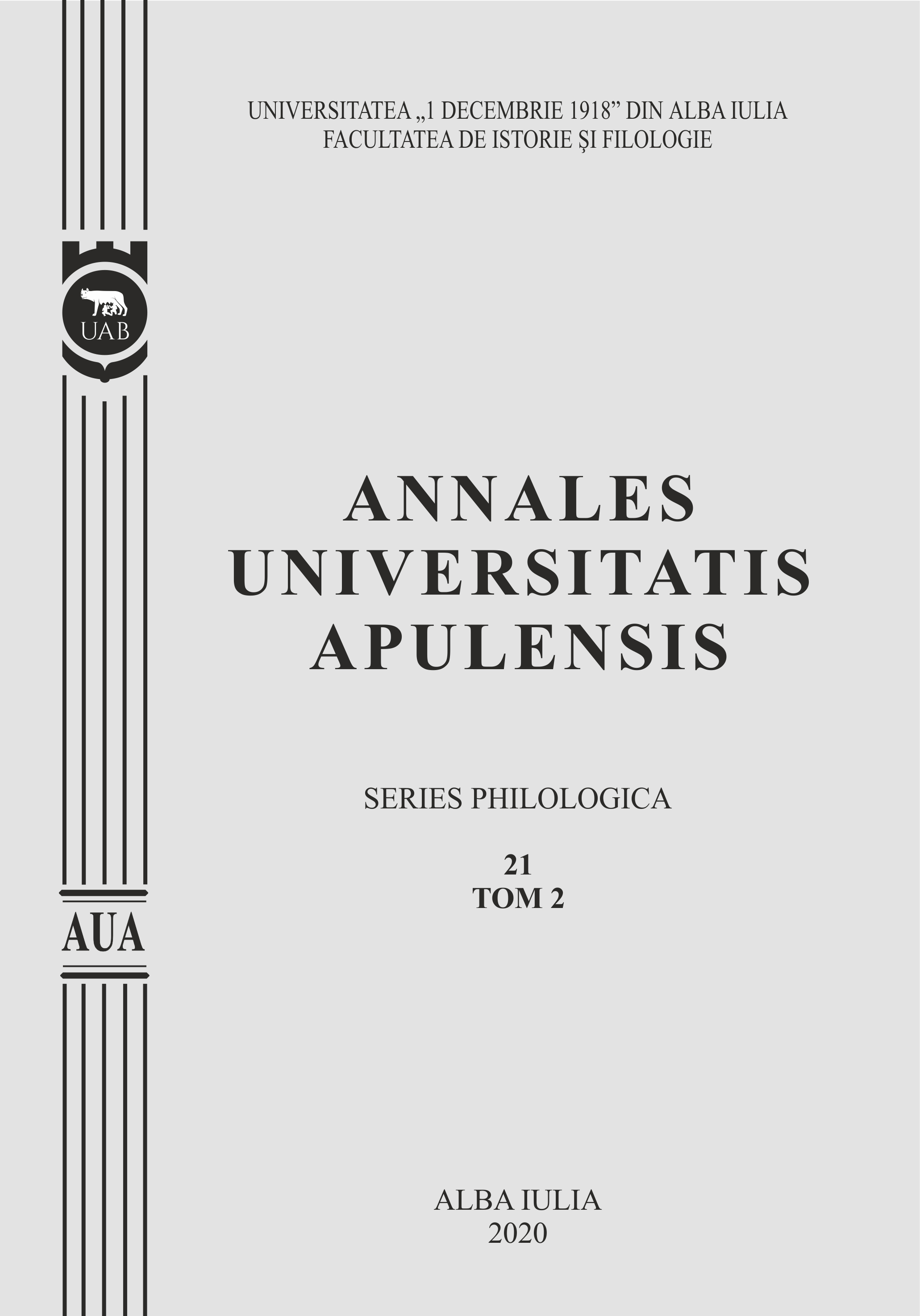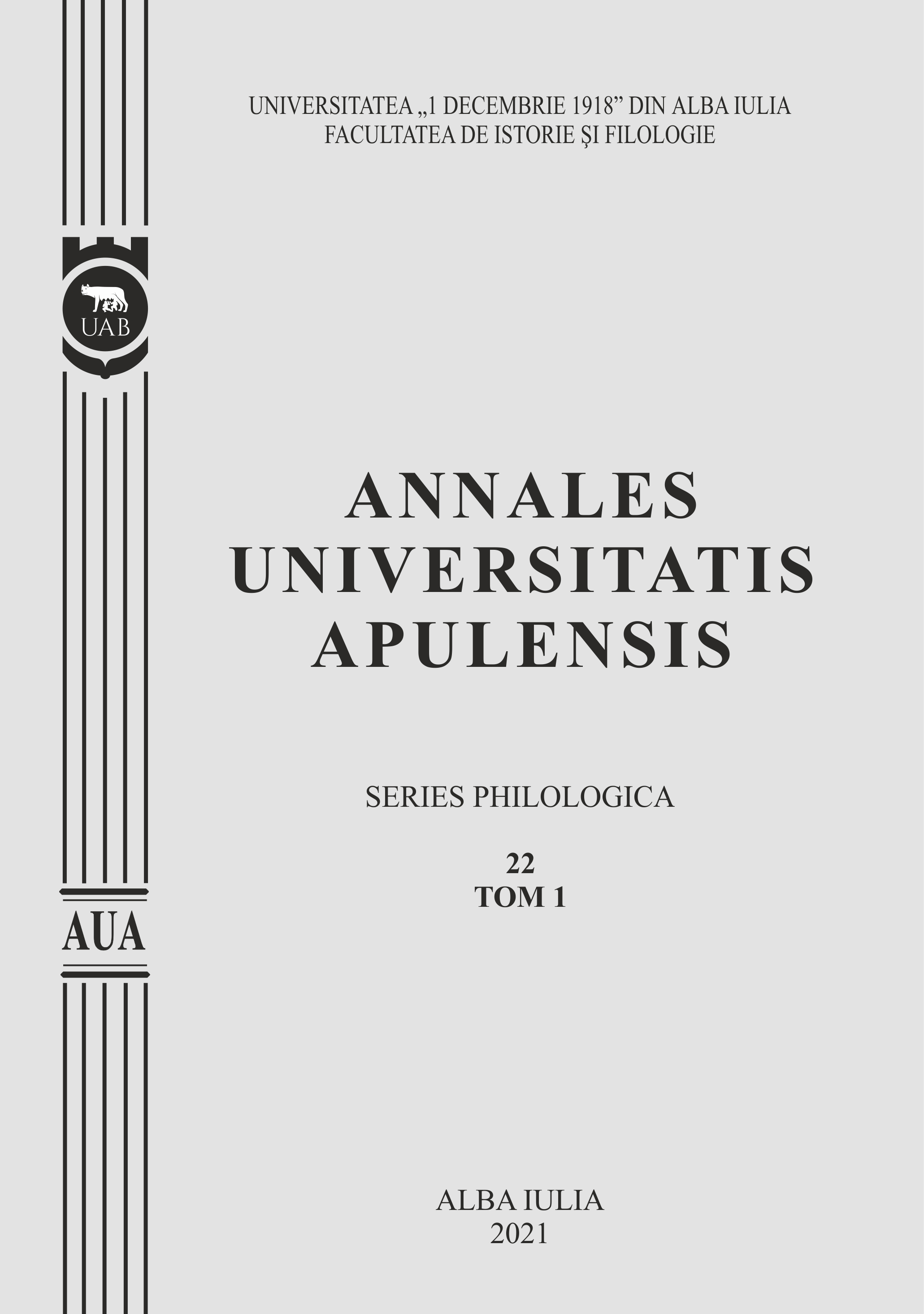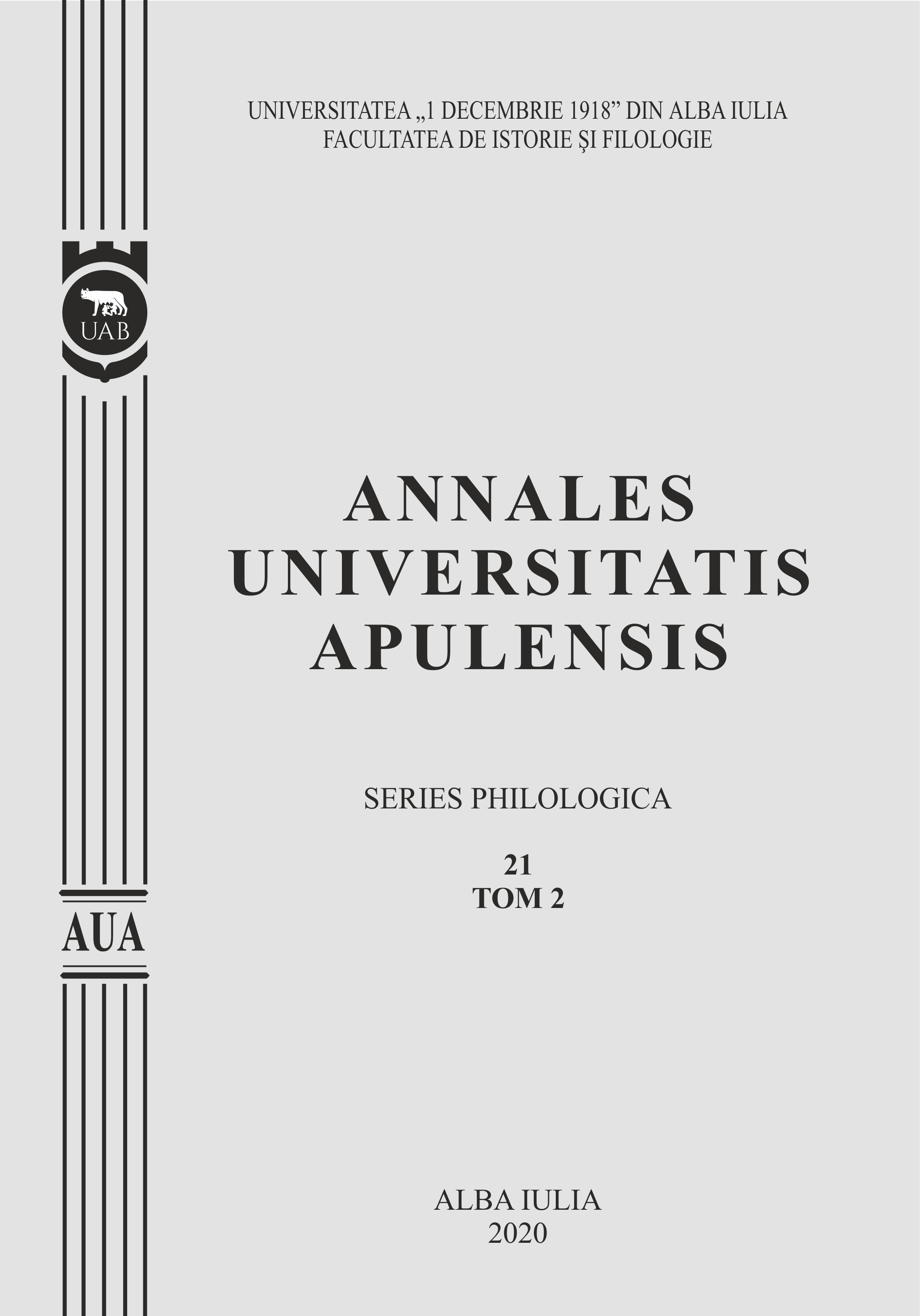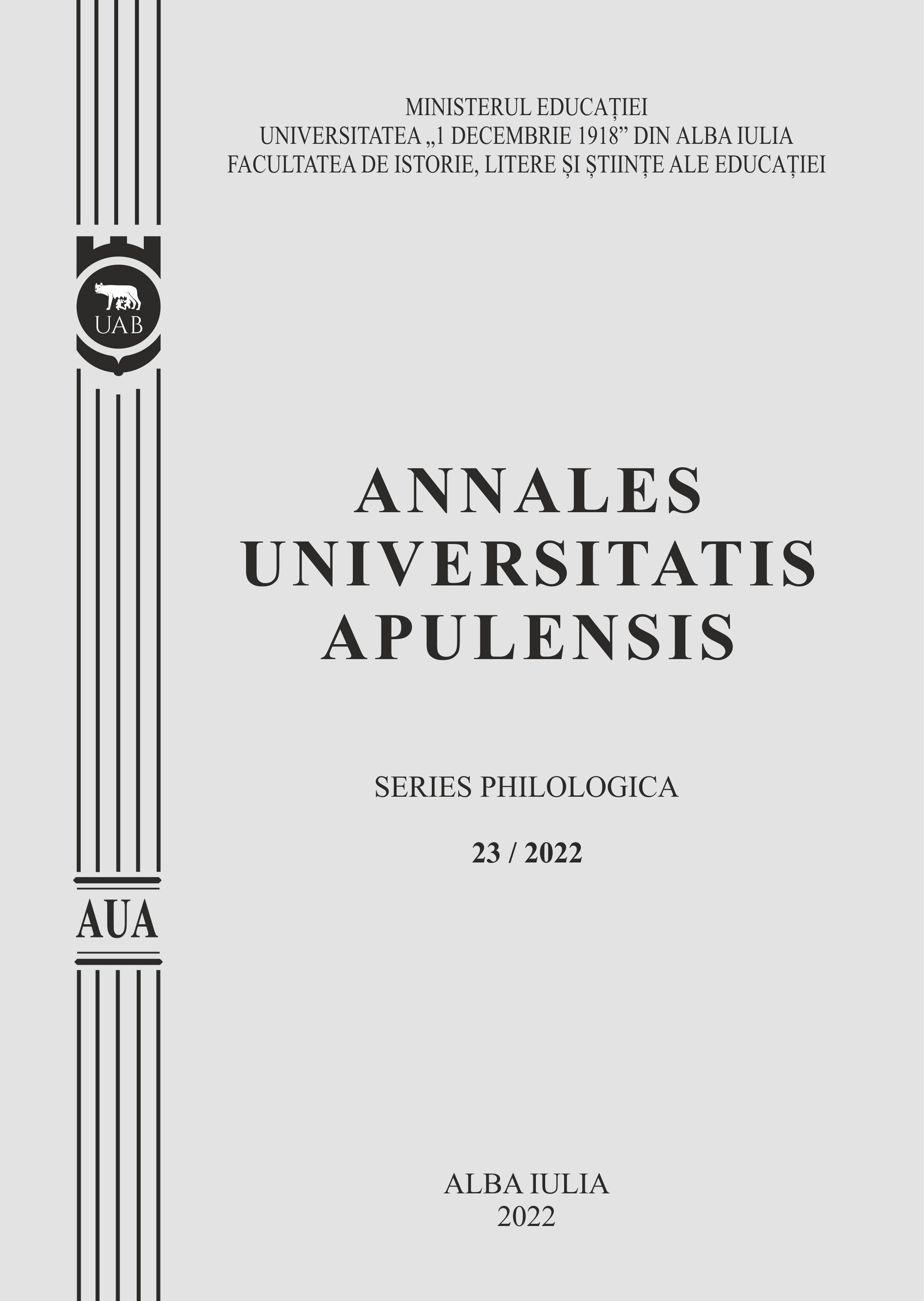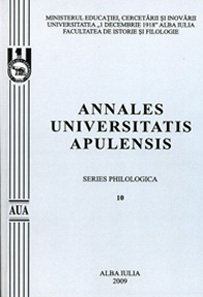
RA TITLES IN MECHATRONICS: A STUDY OF STRUCTURE AND FUNCTION
RA TITLES IN MECHATRONICS: A STUDY OF STRUCTURE AND FUNCTION
Keywords: research articles; titles; noun phrase; compound structure; discipline specific discourse
Research article titles represent the first contact a reader has with a potentially fruitful source of information in his field of interest. Although their importance has long been acknowledged, titles have not benefited from many extensive studies as introduction to research articles, abstracts, or other research genres have. Only recently analysts have questioned in more detail the rhetorical structure and function of titles of research articles in various disciplines employing either cross-generic, cross-disciplinary or functional analyses. This paper is a preliminary study of research article titles in the field of Mechatronics. Its purposes are: to establish what syntactic structures are used in these titles and if they display any change from the first issues of the journal to the latest; to compare results with those of previous studies of RA titles in science; to show how preferred structures realize particular rhetorical functions in this discipline; to construct a background set of articulated assumptions that can be used as starting point for a more extensive analysis of the research genres in the discipline of Mechatronics, their rhetorical functions and the linguistic resources employed. The corpus was drawn from research articles published in the academic journal “Mechatronics”, a journal of IFAC - the International Federation of Automatic Control. It is one of the most respected scientific publications in the field and has an impact factor of 1.434. This study has a rather limited scope, therefore the corpus selected is small. I chose to investigate the first four issues of the publication (issues 1, 2, 3 and 4 of volume 1, 1991) and the last (at the time the present study was initiated) four issues (issues 7 and 8 of volume 19, 2009 and issues 1 and 2 of volume 20, 2010). Regular articles as well as articles belonging to special subject issues were included. This yielded a total of 90 research article titles. A simple counting shows that the first four issues contain fewer articles (34) while after twenty years of publishing the number of articles per issue almost doubled. Also, titles have become longer and more complex. Two structures were observed: compound (juxtaposed noun phrases on either side of a colon or a dash) and noun phrases with or without post-modification. Marked differences in their frequency are noted. There is a strong preference for noun phrases (with or without post-modification) and a rather sparse occurrence of compound structure, results that corroborate with previous studies of RA titles in science. Another interesting aspect regards the internal structure of NP titles. A high occurrence of prepositional phrase modification can be observed around the recurrent prepositions ‘for’, ‘of’, ‘with’ and ‘in’.
More...
